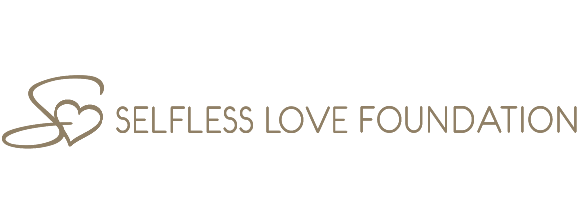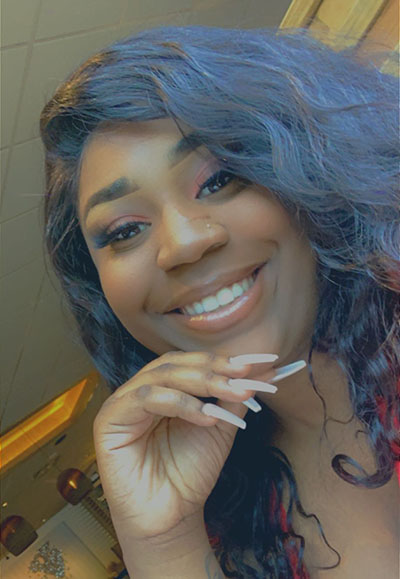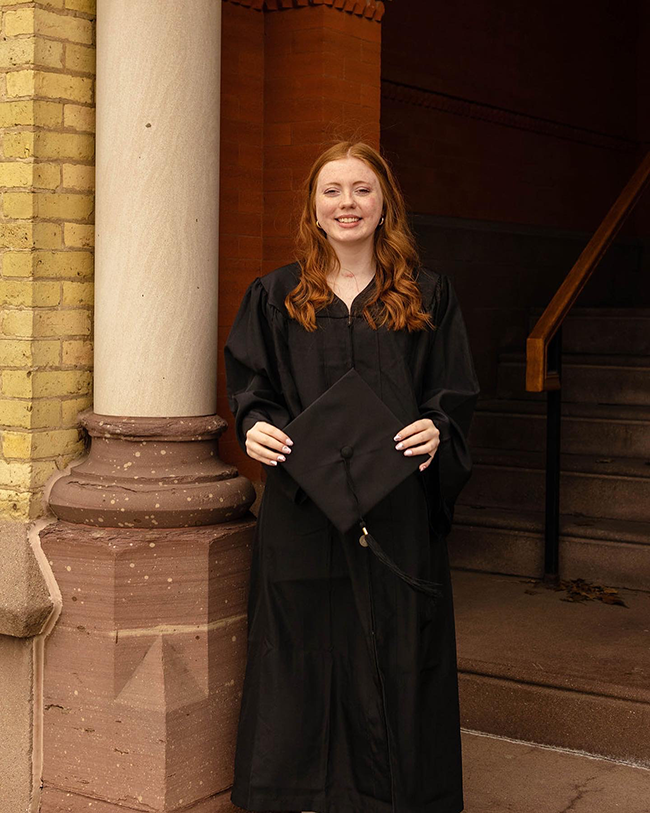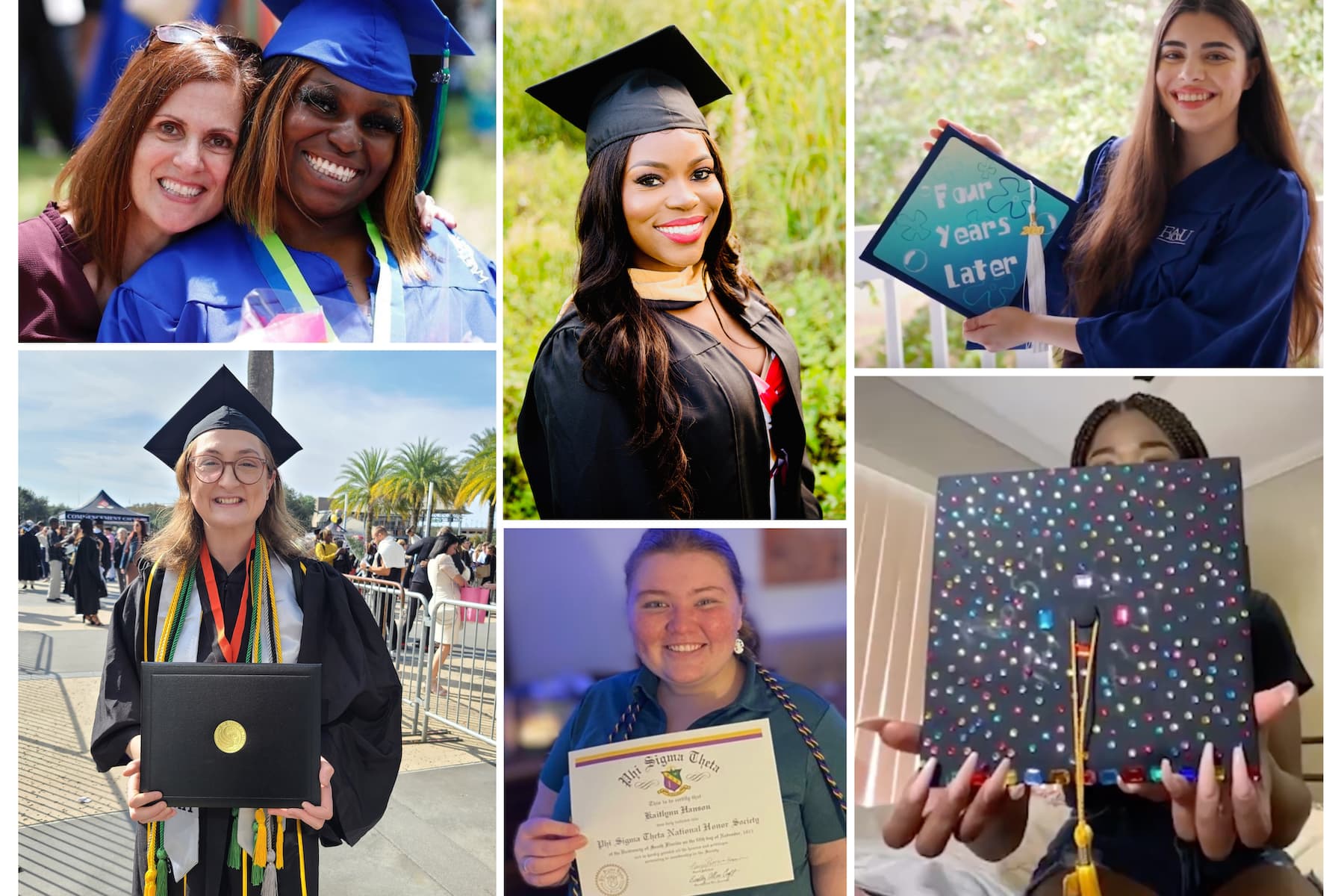
Shame. We’ve all felt it. It’s a common side effect of advocacy work that no one really talks about, otherwise known as oversharing. Oversharing is the unwanted disclosure of information or details that leave us feeling raw, anxious, and distressed; it’s often a signal of unhealed trauma.
I was recently a guest speaker on a podcast that a colleague of mine produces centered around child welfare, and I shared a detail of my story that I regretted. This overshare left my nerves raw, and when I heard that my fumble made the final cut and was posted for the world to hear, I felt sick. I was so eager to share my experiences and expertise that I didn’t protect my well-being, and it brought up trauma that I had yet to work through.
You might be asking yourself why this matters. It’s simple, really. We cannot heal the world if we haven’t yet healed ourselves. Advocacy is hard work and much of it is internal. Oftentimes young people feel pressured, by themselves, a situation, a space, or by others, to sacrifice their well-being in the name of creating change. Shame and trauma are real. Boundaries are necessary.
So what can you do about it? As a young person, learn to hold space for yourself and create healthy boundaries. Sit with your story and truly digest what your experiences mean to you. What message do you want to share with the world? What parts of it are still too hard to look at? This is where self-care comes in. I can’t emphasize enough how important it is to take care of yourself. Know that even if you’ve shared something that felt okay in the moment but later it does not, it’s okay to reach out to the person and let them know that you don’t want your story shared or made public. As a professional, learn how to hold space for young people who want to speak up. Cultivate safe, brave spaces. Make it a standard practice to verbalize your emotions after you’ve said something heavy and take the time to check-in and debrief.
Young people with experience in foster care are pervious to the sense of connection that sharing their story can bring. They often end up in situations where they feel the need to overshare harsh details that they are not ready to share or have yet to work through. Young people with experience in foster care naturally desire close, nurturing, and fulfilling relationships. They may tend to people-please to cultivate those relationships. You are never obligated to give more of yourself to anyone than you are willing to give, and that doesn’t make you any less worthy of all the good in the world.
BIO:
Brina Williams is a graduate student at Western Michigan University, enrolled in its Advanced Standing Master of Social Work program. They have been a devoted advocate for the last seven years, committed to changing the systems and perceptions of foster care, mental health, LGBTQ+, and many others. Brina currently works at Fostering Success Michigan and hopes to use their lived experience to develop emerging leaders and advocates who also have a passion for helping people and changing things.







